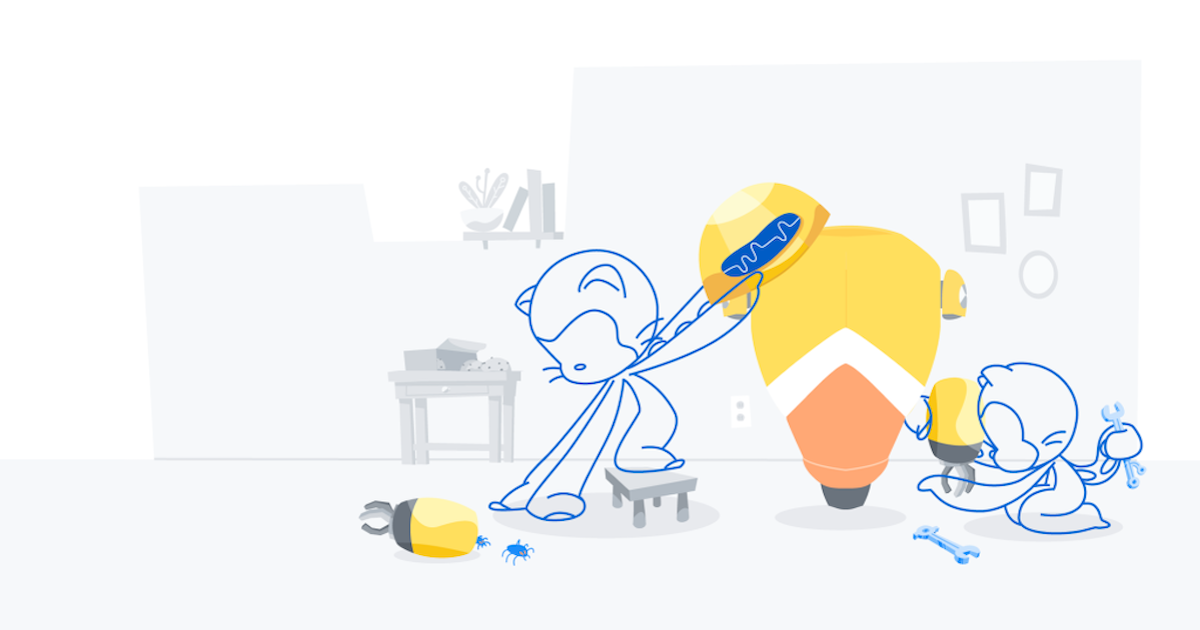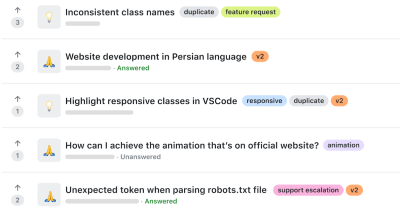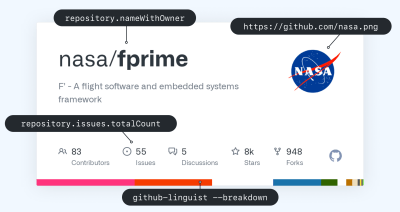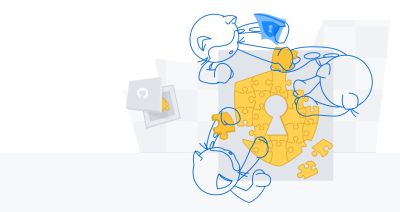
GitHub Availability Report: October 2021
In October, we experienced one incident resulting in significant impact and degraded state of availability for the GitHub Codespaces service.

In October, we experienced one incident resulting in significant impact and degraded state of availability for the GitHub Codespaces service.

GitHub Codespaces allows teams and organizations to spin-up developer environments directly from a browser or through Visual Studio Code, without the hassle of setting up a brand new environment tailored…

This post is a technical analysis of a recently disclosed Chrome vulnerability in the garbage collector of v8 (CVE-2021-37975) that was believed to be exploited in the wild. This vulnerability was reported by an anonymous researcher and was patched on September 30, 2021 in Chrome version 94.0.4606.71. I’ll cover the root cause analysis of the bug, as well as detailed exploitation.

The Northern Hemisphere has hit fall, and the southern is starting to warm into summer. September has been a busy time for our community. Maintainers have been getting their repositories…

If you think about it, 13kB isn’t really a lot. The image above is 81kB. This page weighs over 3MB (waaay more if you include the videos). That’s why it’s…

GitHub Releases has a new look and updated tools to make it easier for open source communities to create and share high-quality releases with auto-generated release notes.

This post is a technical analysis of a recently disclosed Chrome JIT vulnerability (CVE-2021-30632) that was believed to be exploited in the wild. This vulnerability was reported by an anonymous researcher and was patched on September 13, 2021 in Chrome version 93.0.4577.82. I’ll cover the root cause analysis of the bug, as well as detailed exploitation.

In 2019, to meet GitHub’s growth and availability challenges, we set a plan in motion to improve our tooling and ability to partition relational databases.

During an audit of Apache Dubbo v2.7.8 source code, I found multiple vulnerabilities enabling attackers to compromise and run arbitrary system commands on both Dubbo consumers and providers. In this blog post I detailed how I leveraged CodeQL as an audit oracle to help me find these issues.

If you’re a GitHub Enterprise Cloud customer, you can now set up a stream of audit log and Git events to Splunk or an Azure Event Hub.

You can now filter workflow runs by the date of creation by using the created filter. For example: created:<2021-08-31. This is also available in the API

In August, we experienced two distinct incidents resulting in significant impact and degraded state of availability for Git operations, API requests, webhooks, issues, pull requests, GitHub Pages, GitHub Packages, and GitHub Actions services.

GitHub Discussions is now out of beta, with features that include labels, Discussions GraphQL API and webhooks, and mobile functionality.

It’s been a busy time of the year for our Hubbers (GitHub employees). We’ve been shipping products, getting ready for launches, and taking some much needed time off for the…

You can now set an expiration date on your new and existing personal access tokens. Setting an expiration date on personal access tokens is highly recommended as this helps keep…

This month, we have some exciting updates to share. A lot of you have welcomed the improvements to your ability to sync a forked repo with upstream from the web…

We recently set about creating a framework and service for automatically generating social sharing images for repositories and other resources on GitHub.

The new Required Conversation resolution branch protection rule and Conversations menu is now generally available. Easily discover your pull request comments from the files changed tab and require that all…

In May, GitHub shipped a total of 20 new features. We love what we do, but we know it’s a lot to keep up with. So we’re trying something new on the GitHub Blog—a monthly recap of everything that shipped to Changelog in the past month. Check out some of the updates you might have missed.

GitHub secret scanning has been securing our users’ code by scanning for and revoking secrets since 2015. Recently, we’ve focused on scanning for package registry credentials as well—a significant and…

If your organization uses IP allow lists to restrict access, any API requests made with an installation access token for a GitHub App installed on your organization already respects those…
Build what’s next on GitHub, the place for anyone from anywhere to build anything.
Catch up on the GitHub podcast, a show dedicated to the topics, trends, stories and culture in and around the open source developer community on GitHub.